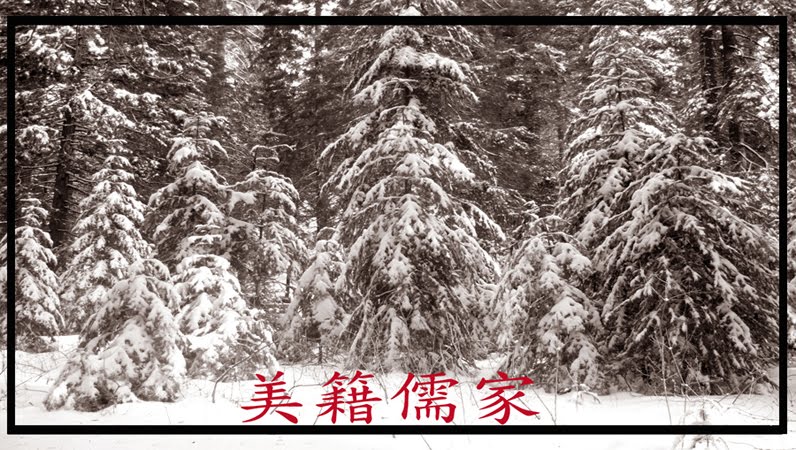The season held a magical note of escape so that I felt long-suppressed joy as I shuffled amongst the fallen leaves skittering along the ground in my boot-encased feet. The biting wind shelters me and envelops me. I nestle my face snugly into my scarf and think, “Let it come! I am safe!”
Being wrapped in numerous layers of clothing against the cold, from head to foot, makes me feel safe. It is a mobile cocoon against the wind and snow.
Nothing like the bitterest winter I have ever experienced at its height in Beijing. It’s latitude is farther north, and the wind jolts your senses to how vulnerable you are. Mucous freezes in your nose and the wind whips you in four simultaneous directions. A 650-fill long down coat over five layers may as well be a t-shirt because nothing protects. Nothing saves you.
So I was feeling smug, certain I could not get sick.
Oh, arrogance.
I had forgotten the psychogenic component of illness. Especially for me, of the stomach variety. Nausea that could put me in the emergency room—and did. For ten long and extremely dull hours. No wonder old people, people like Page, dreaded the hospital. Hard surroundings filled with steel implements and paper goods with rough edges. The distance between the idea of a hospital as a place of healing and warmth and its reality of indifference and detachment is an insurmountable chasm.
It wasn’t hysteria, do not mistake this for a hysterical episode. I really was sick. It’s merely that there were some psychogenic factors, I was more prone, if you will, to becoming sick given the stress of constant pretense.
Pretense towards what? Towards whiteness, something I shall never be but was expected of me in that small town on the coast of Cape Ann, and especially by Page’s little world of bigots: her brother, Marshall and his wife, Doreenie. Her third ex-husband, Jere, and of course, her daughter by her first marriage under the gun and just out of high school, Ann.
Fortunately I, like all colored Americans, have been well-trained in mimicking whiteness. In mannerisms, speech patterns, dress, and even in food likes and dislikes (well, sometimes with that last category). I can pretend whiteness, which in colored people means to be a non-threatening “model minority” so as to mitigate their discomfort regarding my glaring colored skin.
I am, after all, a shade of brown. Light, but nevertheless brown. I have absolutely no idea why people call Asians yellow. We aren’t, and that is clearly a case of white people with too much power to define and too much color-blindness.

No comments:
Post a Comment